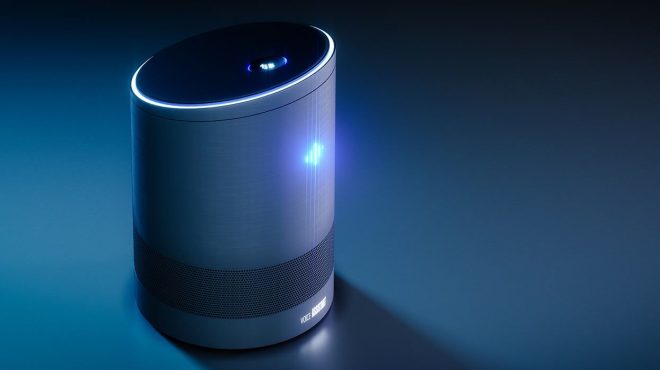Jul 3, 2018
Influencing purchases with personal assistant technology

B2B | Intelligent Agents | Performance Media | SFBJ
Reprinted from South Florida Business Journal.
The personal assistants that business marketers used to deal with were known as the gatekeepers to the decision-makers for a particular product or service. They were humans, and marketers could use research data and psychology to influence them and get access to their bosses.
Today’s technology provides personal assistants sitting – with seeming objectivity – on desks at the office or tabletops in homes. Available 24/7 to the whims of their “bosses,” there are still multiple personalities to deal with.
Their names are Amazon Alexa, which commands twice the market share of its next competitor, Google Home; followed by Microsoft Cortana; and Apple HomePod, the newest member of this growing team. But there are many more to come, and business marketers need to start thinking about the skills and apps they can offer through this technology, and which personal assistants can best influence sales of products and services.
Impulse buying on a new level
There is a strong sense of empowerment in being able to ask an inanimate object a question and have it respond. It’s almost miracle-like. (Remember the time on “The Big Bang Theory” when Raj fell in love with Siri on his iPhone?)
Amazon’s Alexa-enabled products are currently poised to take the greatest advantage of this empowerment helping marketers sell products and services. And, it makes sense that Amazon will continue to strive to be the leader in this category.
There are several reasons Alexa commands the greatest market share. First, the number of devices Amazon makes, including the Echo line of products, and the ability for third parties to install the technology on their own devices, such as thermostats, refrigerators and clocks. Second is developer support, which Amazon does an excellent job of bringing new developers into the platform through educational events and toolsets. Finally, Amazon is positioned to deliver products and services to the public, so Alexa gives it an avenue to make that easier. Users can walk by their Echo devices and order both consumer and business products that show up on their doorsteps two days later. It’s almost impulse buying on a new level.
Leveraging the assistants’ strengths
Positioned as a provider of information, Google Home is a great way to get bits of information, but you may still go to your phone or jump on your computer to get more information. The critical nuance here is that voice search offers only a limited “view” of the results, which can often lose some of its value.
Microsoft’s Cortana is a less-popular assistant that doesn’t connect with as many other devices as Amazon yet, although it does work with Spotify and Skype. And Apple HomePod is positioned heavily as a music device and less as a personal assistant. However, tech experts expect that will change over time because the HomePod is the newest assistant.
A win for business
So why does this matter to business? It comes down to understanding what business goals best align with which experience, and then choosing that platform. If it is actually quicker to ask Alexa than to take time to open your phone and download an app, it’s a win. Speeding up the purchasing process, making it more convenient and lowering costs to support customer service are all reasons to use the influence of one of these personal assistants.
The differences in personal assistant devices only matter if you are looking at it from a skill/app standpoint. Each of the devices is capable of performing web searches, and the results will all be similar – much like the results from Google, Bing and Yahoo are all similar, but not exactly the same.
As with all communications, the nuances can make big differences in the result. Whether your budget allows you to use one platform or several, leveraging the strengths of each to influence the decision-maker for your business offerings can be a strong competitive advantage.
